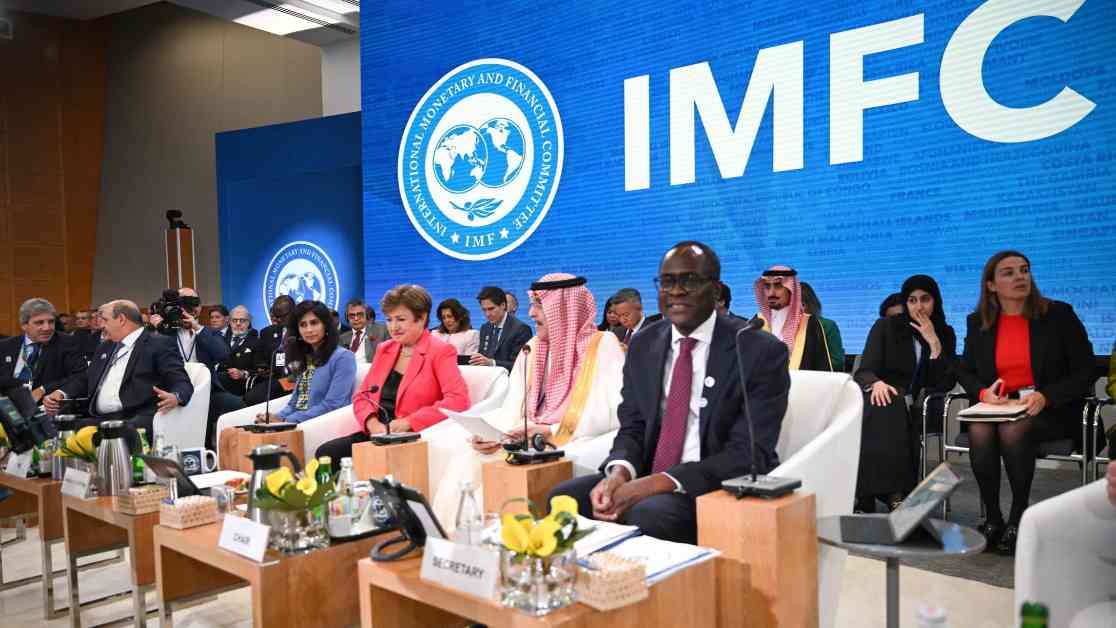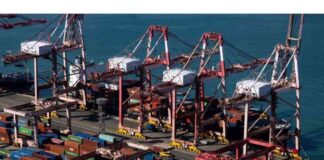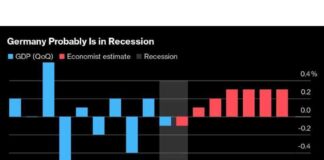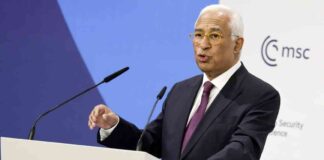Protectionism, the practice of imposing restrictions on trade between countries, is posing a serious threat to the global economic recovery, according to policymakers. The rise of protectionist measures, such as tariffs and import quotas, can disrupt the flow of goods and services, leading to higher prices and reduced economic growth.
Policymakers warn that protectionism can trigger retaliatory measures from other countries, creating a spiral of trade barriers that harm businesses and consumers worldwide. In recent years, trade tensions between major economies like the United States and China have escalated, raising concerns about the future of international trade.
The World Trade Organization (WTO) has been a key institution in promoting free trade and resolving trade disputes among countries. However, the WTO has faced challenges in recent years, with some countries bypassing its rules and resorting to unilateral actions to protect their domestic industries.
To address the threat of protectionism, policymakers emphasize the importance of upholding the principles of free trade and open markets. They argue that trade barriers only serve to limit economic opportunities and hinder global cooperation. Instead, they advocate for increased dialogue and negotiation to address trade imbalances and promote sustainable economic growth.
In addition to the risks posed by protectionism, policymakers also highlight the need for coordinated efforts to address other global challenges, such as climate change and the COVID-19 pandemic. They stress the importance of international cooperation in finding solutions to these complex issues that affect countries around the world.
Moving forward, policymakers call for a renewed commitment to multilateralism and cooperation to tackle the challenges facing the global economy. By working together and upholding the principles of free trade, countries can promote economic stability and prosperity for all.






















